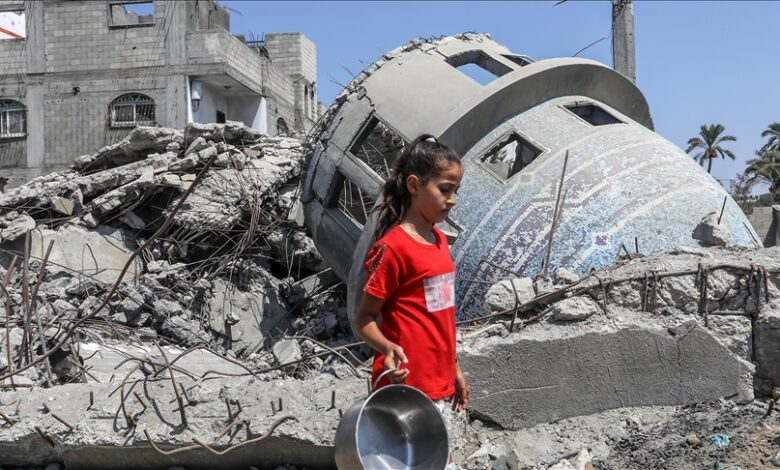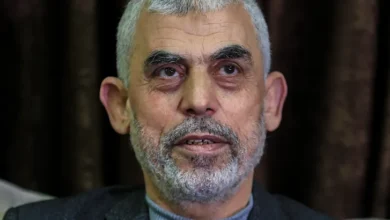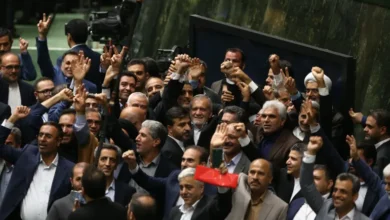OPCW Conspires with Israel

The Israeli attack on Syrian territory on August 16 did not stop at the gates of the Republican Palace, the General Staff, and several army convoys heading toward Sweida. The aggressor aircraft also targeted several Syrian factories that supply the struggling local market with national production, particularly modest household cleaning products, amid the prolonged blockade imposed on the country.
This was not the first time Israel struck Syrian facilities. Since the days of the ousted president, these factories have been a preferred target alongside operations against the regular army and allied forces. However, strikes on factories had been relatively rare, as the main focus remained on Iranian forces and Hezbollah militias. The weak state media of the ousted president Bashar al-Assad further downplayed the issue.
According to limited-circulation information, the Organisation for the Prohibition of Chemical Weapons (OPCW) had allegedly been providing Israel with sensitive intelligence about its adversaries. In recent years, it has become apparent that the international body, which is supposed to remain neutral and serve global security, has been acting as a spy for the occupying forces. It allegedly shared vital data with Israel regarding Syria — including the types of weapons, production sites, stockpiles, and even the names of scientists and workers — which Israel then used to eliminate these resources.
This cooperation became evident after Assad’s regime was accused of committing chemical massacres, particularly in Douma in 2013 and later in Khan Shaykhun, Idlib, in 2017. Assad was forced to accept an international inspection under pressure from his allies, following Western threats of overthrow and the mobilization of U.S. naval forces off the Syrian coast.
The OPCW officially inspected 27 declared sites but secretly informed Israel of the existence of 100. The remaining sites turned out to be modest factories producing household cleaning products essential to everyday Syrian life. These posed no threat to neighbors or workers but were nevertheless bombed and destroyed. Israel thus contributed to the destruction of Syria’s most basic capabilities, pushing the country deeper into dependence on foreign markets at a time when it was struggling under Western sanctions.
Accordingly, Israel bombed chemical plants that had been placed under OPCW scrutiny following inspections.
This was not the first collaboration between the OPCW and Israel. Reports also revealed cooperation regarding Iran and earlier Iraq, where OPCW teams dismantled Iraqi chemical plants, destroyed stockpiles, and handed over full records to Israel.
The OPCW has proven to be aligned with Israel and the U.S., while turning a blind eye to banned weapons used by Israeli forces in Gaza. Its stated mission is to pursue states that produce such dangerous weapons, yet it ignored Gaza entirely and allowed Israel to continue using prohibited weaponry against besieged and displaced Palestinians.
Previously, the OPCW and its spokespeople dominated global media discourse about Iraq, Iran, and Syria, warning of imminent threats and calling for international monitoring missions. In contrast, when it came to Israel’s actions in Gaza, there was no response, no reports, and no statements condemning the occupation’s practices.
As an international body, the OPCW should not share intelligence between states. Therefore, Syrian authorities are urged to seek guarantees against the disclosure of their secrets, especially as they remain under daily Israeli targeting while struggling to govern a country devastated by 14 years of war.
The OPCW is an international organization based in The Hague, the Netherlands, tasked with implementing the Chemical Weapons Convention. Its mandate includes preventing the development, production, stockpiling, and use of chemical weapons, verifying the destruction of existing stockpiles, and providing assistance and protection against such weapons.










